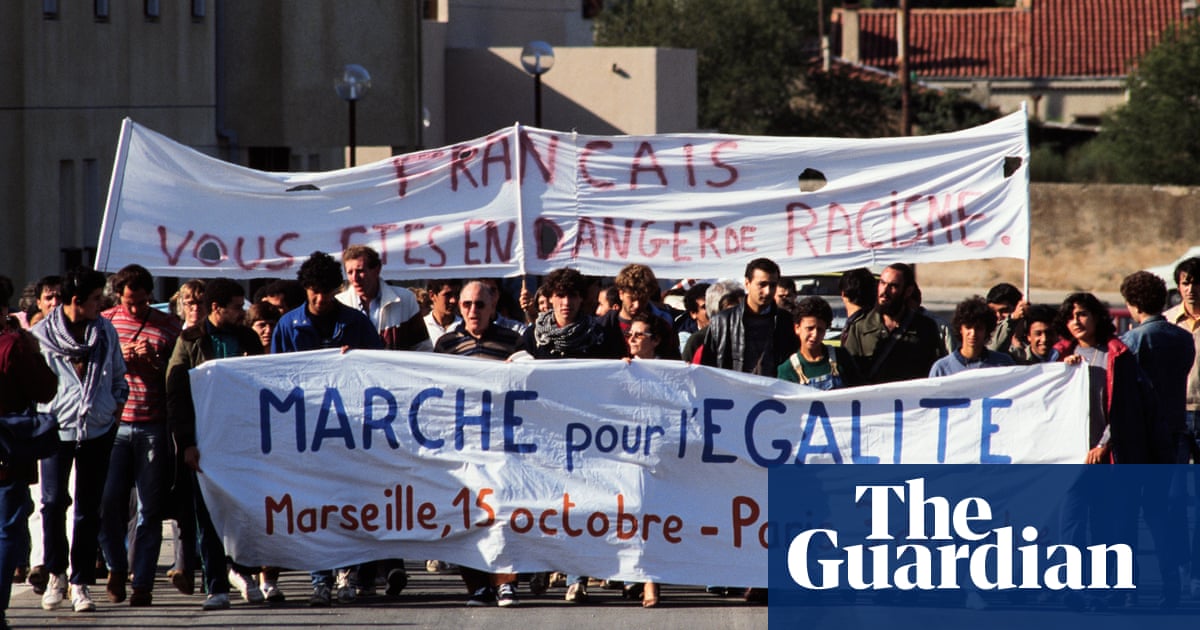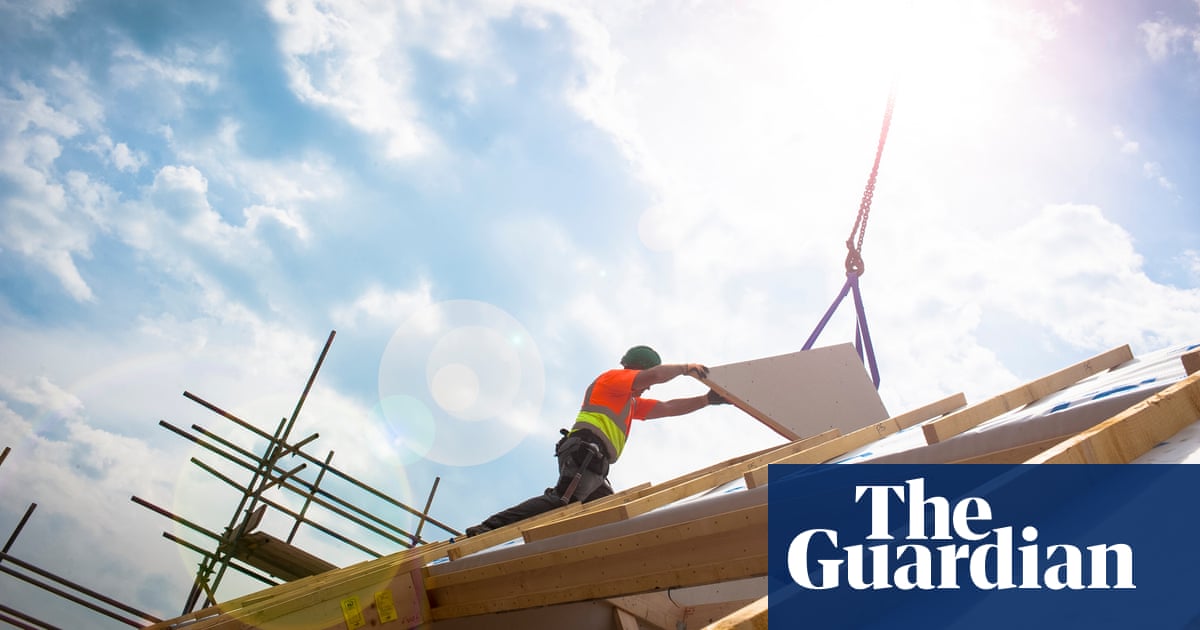
On Tuesday night, a 21-year-old man named Robert Aaron Long allegedly went on a deadly rampage at three Atlanta spas, killing eight people, including six Asian women. Long’s shooting spree, police say, began at Youngs Asian Massage Parlor on the city’s outskirts, where he killed four people, two of whom were Asian, and injured one; he then allegedly fled the scene and proceeded to Gold Spa, killing three more people, all Asian women; and then he entered a spa right across the street, Aromatherapy Spa, where he killed his final victim.
Following an interview with authorities, the Cherokee county sheriff, Frank Reynolds, maintained that Long “gave no indicators” that his crimes were racially motivated. “We asked him that specifically and the answer was no,” Reynolds said on Wednesday.
This idea is ludicrous to many who have observed the surge in racist violence against Asian Americans during the pandemic: in the past year, there have been 3,800 reported incidents of anti-Asian violence, roughly 503 of which took place during 2021 alone, according to the group Stop AAPI Hate. Women make up the vast majority of those attacked. And some argue that it is equally absurd to exclude discussion of anti-sex-work sentiment from the conversation about these most recent attacks on the Asian community.
Though it is not yet known whether any of the victims of Tuesday’s shooting provided sexual services at their workplaces, Long told police that the spas he opened fire on represented a “temptation he wanted to eliminate”, suggesting that he at least believed that they did. Advocates say this reveals the way racism, sexism and anti-sex-work sentiment work together to produce anti-Asian violence: no matter what, they say, his crime was ultimately one against sex workers.
“Even if they were providing non-sexual massages, this ends up being a sex work issue,” said Esther K, a co-director of Red Canary Song, a grassroots Chinese massage parlor worker coalition. “The women are de facto being seen as sex workers and being scapegoated as such.
“Removing the anti-sex-work component really removes the crux of what this specific kind of racism is about: the fetishization of Asian women’s bodies, the objectification of their bodies and the assumption that Asian women are obviously going to be providing sexual services at massage parlors,” she continued. “The conflation of massage parlors and sex workers without any nuance is very specific to anti-Asian racism against Asian women.”
Red Canary Song was founded in the wake of the death of Yang Song, a massage parlor worker in Flushing, Queens, who fell four stories on to the sidewalk in November 2017 during a New York police department vice sting. Two months earlier, she had been arrested and charged with prostitution; during the November raid, police were attempting to arrest her again for allegedly engaging in sex work. Before her death she told her family that she had been sexually assaulted by a man posing as an undercover police officer.
Song’s death fueled a sex work decriminalization movement in the city, advocating for sex work to be treated like other kinds of work, and for sex workers to receive equal protection under labor laws. The movement also focuses on reducing policing in immigrant communities, an issue that organizers say can’t be separated from sex workers’ rights advocacy.
The Sex Workers Project of the Urban Justice Center wrote in a statement on Wednesday, responding to the Atlanta shootings: “At SWP we provide immigration legal services as part of our broader work to end the criminalization and stigmatization of adult consensual sex work, and to create a world in which all workers are free from all forms of exploitation including human trafficking.”
Song’s case highlighted police violence against sex workers, but advocates have long argued that over-policing begets other forms of violence perpetrated by individuals: if sex workers fear being arrested or fined by police officers, it leaves them unable to go to the police if they are victims of a crime. Advocates say it also fuels the stigma and moralization directed toward their work, which often results in targeted violence.
“The whorephobia created the hate and discrimination that makes them subject to violence,” said Elene Lam, the executive director of Butterfly, a Toronto-based group for Asian and migrant sex workers, of the victims in Tuesday’s shooting. “Over-policing is violence against Asian women, particularly in the sex industry and massage parlors. [This] prevents the workers from protecting themselves.”
In Toronto, for example, a law forbids owners and workers at body rub parlors from locking doors to individual rooms and cubicles. Lam said this has left some workers vulnerable to robbery, harassment and assault, as well as hesitant to call the police for fear of being criminalized themselves. A 2020 report published by Butterfly found that over half of workers at these businesses have experienced some kind of threat to their safety at work.
“I have to choose between being robbed/assaulted or being charged and fined,” a woman named Julia told the organization. “I don’t know why I have to be punished when I just want to protect my safety.”
Despite sex workers and their allies sounding alarm bells over the way their communities are policed, officials’ response to the Atlanta shootings has been to push for more policing. On Wednesday, the NYPD announced it would send officers to Asian communities “out of an abundance of caution”. Last year, the city also formed an Asian hate crime taskforce, leading many people to fear that increased policing would result in the criminalization of other marginalized communities.
“The solution here is not to have more funding for the police to protect massage parlor workers or to start an anti-Asian taskforce to guard Chinatown,” Esther said. “The solution here is to divest from policing altogether and to really reinvest in these labor issues, to help women pay their rent, and to get them the Covid support they need right now that they’re not getting.”
As more details about the victims’ identities come out, Lam agreed that the outcome should be the same, regardless of their line of work.
“Not all massage parlor workers provide sexual services, but some do,” she said. “But no matter what services they provide, they deserve rights and safety. They are facing multiple layers of oppression.”











